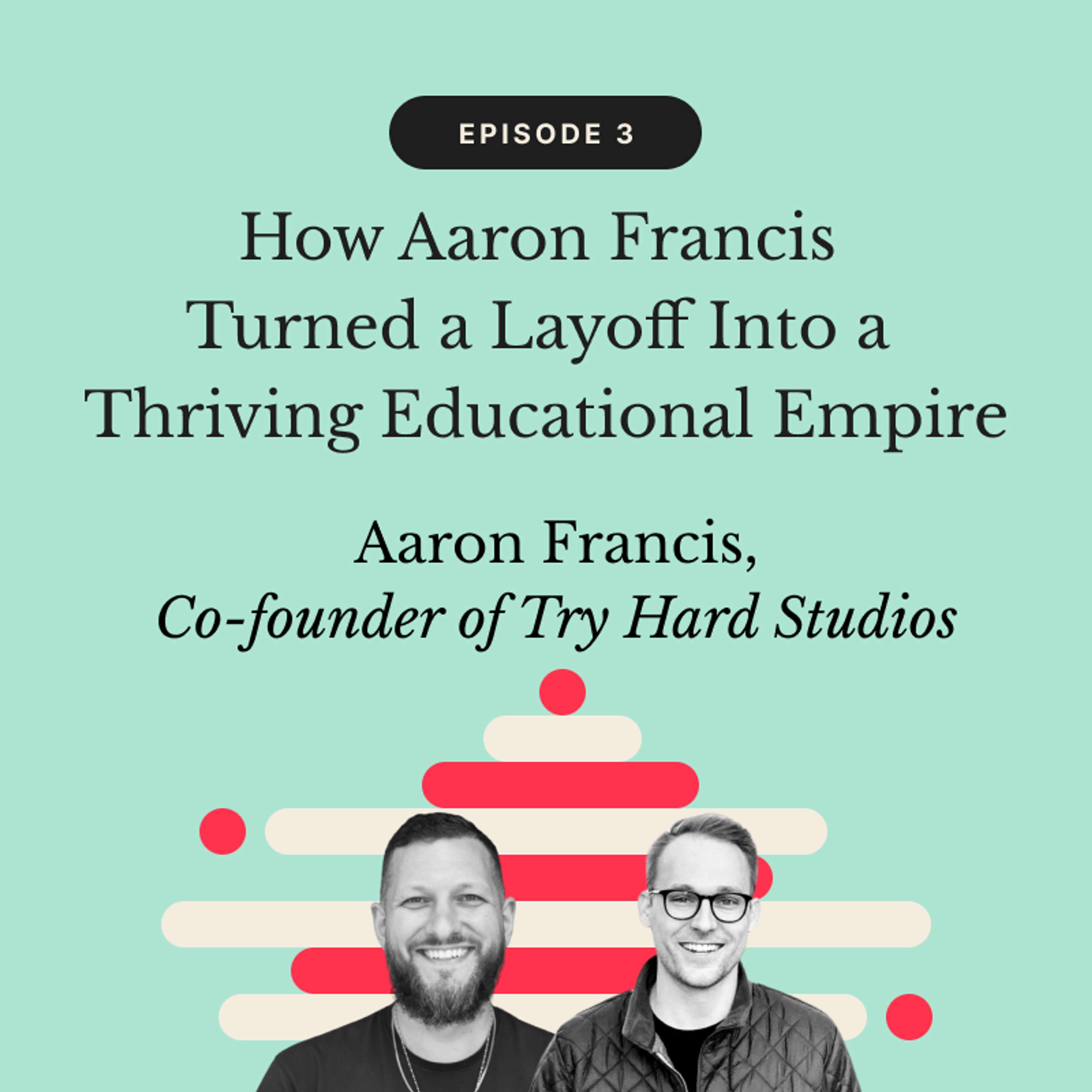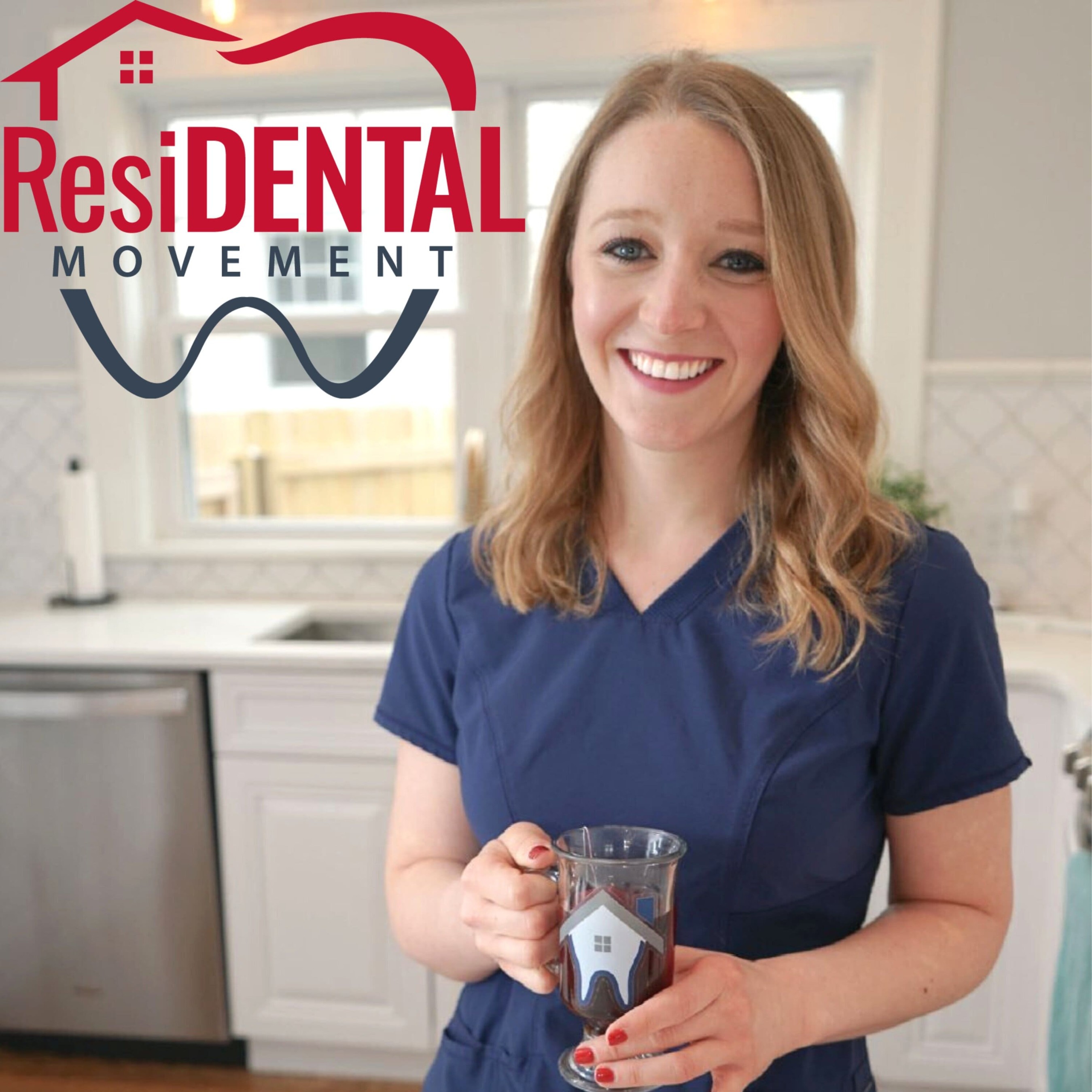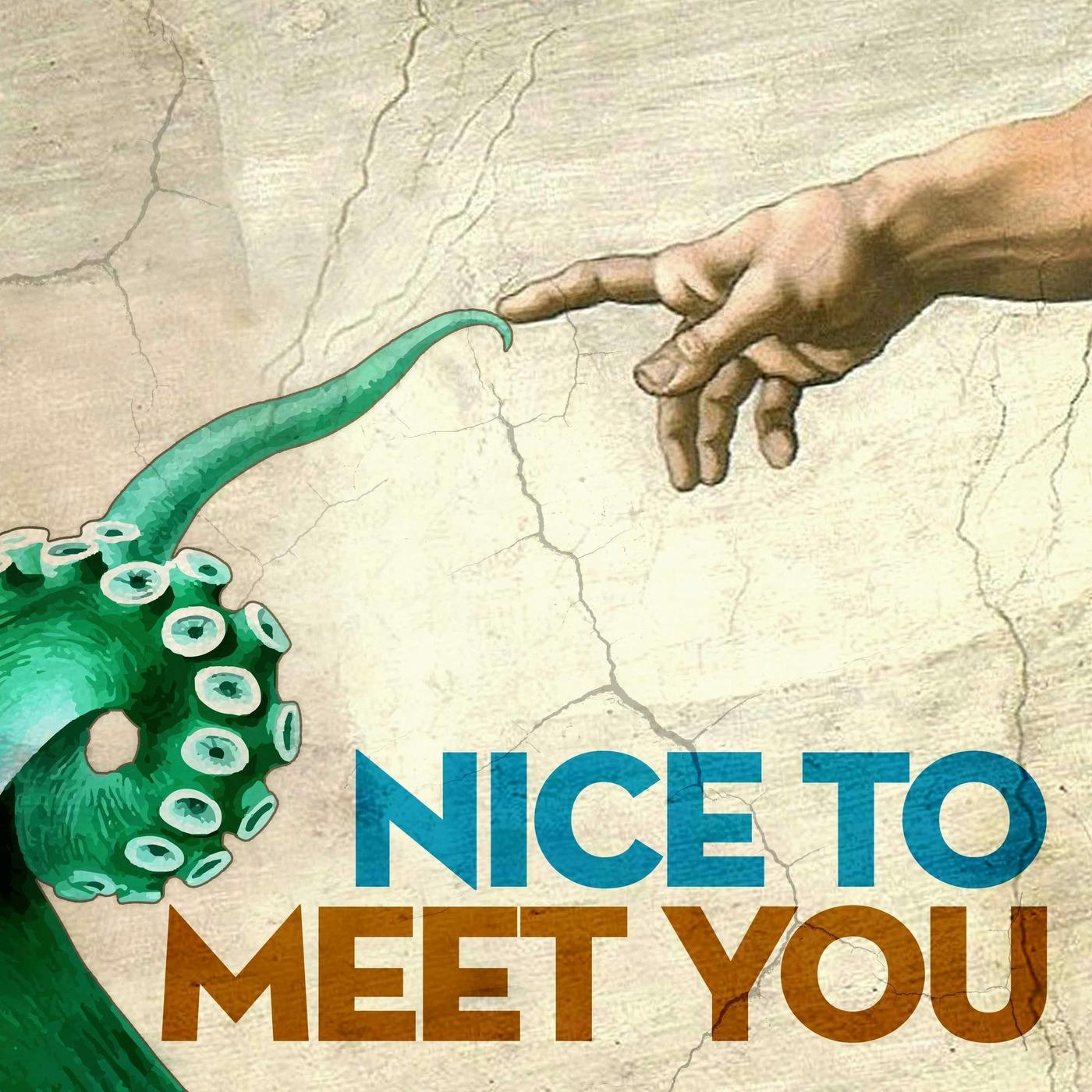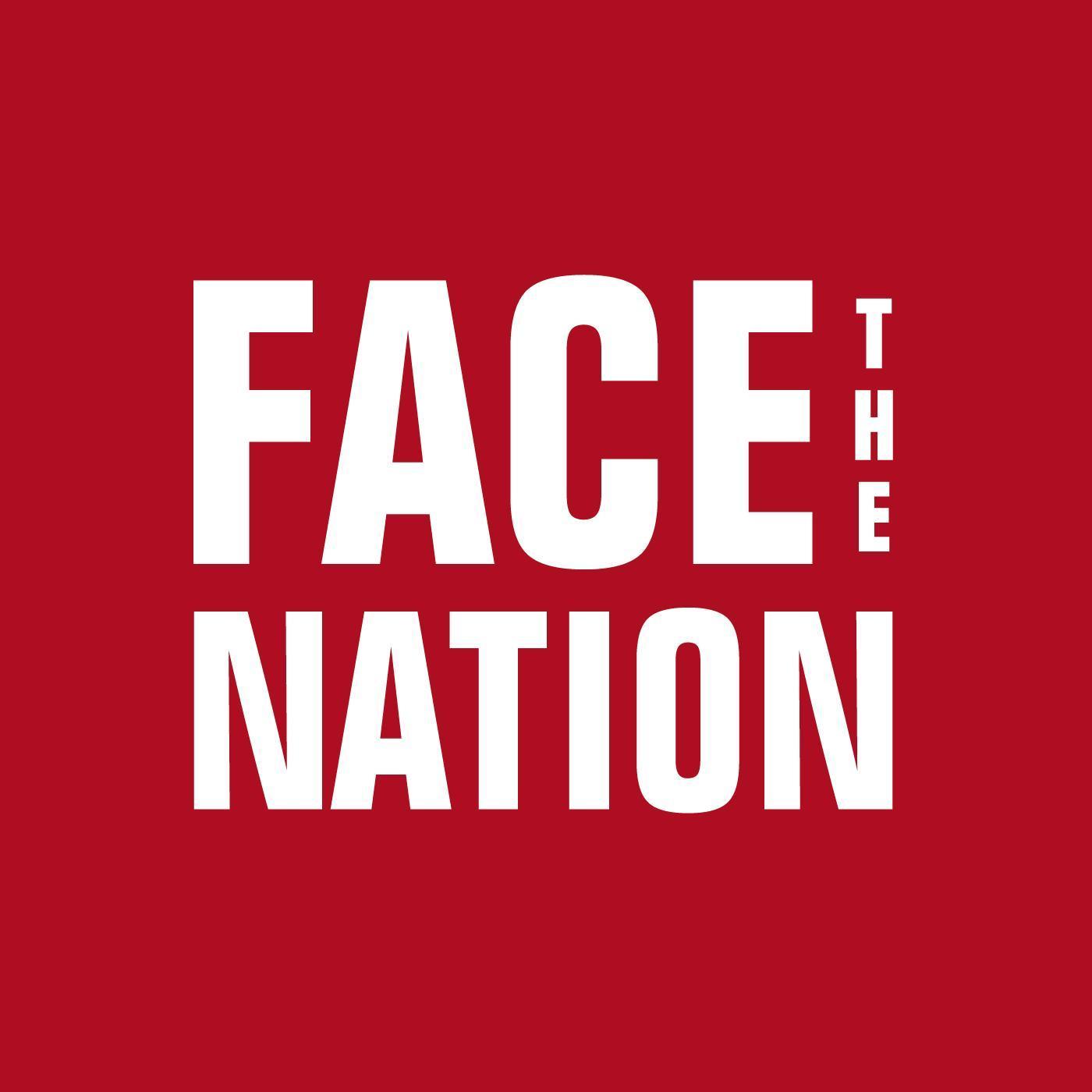Senan Ebrahim is a physician-scientist and entrepreneur dedicated to creating technology to improve global and maternal health. Senan is the founder and CEO of Delfina. He developed Delfina to create lifesaving AI-powered pregnancy care after personally witnessing the challenges faced by pregnant patients and their care teams. Senan previously founded Hikma Health, a tech nonprofit creating digital health solutions for refugees, migrants, and other vulnerable populations. He has an MD and PhD from Harvard in Computational Neuroscience In this episode, we discuss: ● Why the United States has the highest rate of maternal mortality in the developed world ● Why maternal health inequity exists across populations ● The importance of data for better decision-making (and better health outcomes) Key Takeaways: ● Change Takes a Village - Real change, the kind that reshapes systems, is a team effort. It thrives on a network of individuals across the whole system that are ready to rethink, test, and collaborate to create better solutions for us all. Senan's initiative with Delfina in maternal healthcare shines a spotlight on this truth. Senan is the first to acknowledge all of the partners that have shaped Delfina’s journey. From doctors willing to pilot a new idea, to users offering feedback for refinement. The truth is, that it takes a village to create systemic change. ● Tailoring Solutions to Fit the User - The principle of one size fits all falls short in addressing complex human behaviors, especially when it comes to health and wellness. Delfina's approach to maternal healthcare highlights the importance of understanding and respecting individual risk, environment, and challenges. By integrating recommendations that resonate with the individual's daily life and cultural context, Delfina makes behavioral change more approachable and sustainable. This sensitivity to the nuances of the user experience isn't just thoughtful—it's effective, bridging the gap between knowledge and action in meaningful ways that create better outcomes for all. ● Closing the Gap Between Us and “Other” - Refugees are often painted with broad strokes that obscure their individuality and humanity. Senan mentioned his grandmother was a Syrian refugee. My family is intertwined with narratives of displacement and resilience as well. From my father and grandparents' escape from Lithuania during WWII, to my sister-in-law’s flight from war-torn Cambodia. Each story is a testament to the human spirit, and each story reminds us that the plight of refugees is not a distant issue; it's woven into the very fabric of our communities. By bringing these stories into the light, we bridge the gap between 'us' and 'them,' transforming refugees from abstract concepts into fellow humans deserving of empathy, dignity, and support. The more we share stories of displacement, the more the refugee crisis moves out of the shadows of “someone else’s problem to solve”, and gently nestles into our interconnectedness, asking us to care for our fellow humans. References: ● Connect with Senan on LinkedIn ● Delfina ○ Learn more about Delfina’s collaboration with the Mayo Clinic here ● Hikma Health Connect & Share: If you enjoy the podcast, would you please consider leaving a short review on Apple Podcasts/iTunes? It takes less than 60 seconds, and it really makes a difference in helping to convince hard-to-get guests. I also love reading them! If this episode resonated with you, I ask you to send it to a friend. Help bring even more visibility to these leaders that are using business as a force for good! Subscribe to the Purpose and Profit newsletter to make sure you don’t miss future episodes. This podcast is for you, the listener. I’d love to hear what resonated with you, or if you have a suggestion on who would be a great guest for this show. Please send me a note at
[email protected].




































